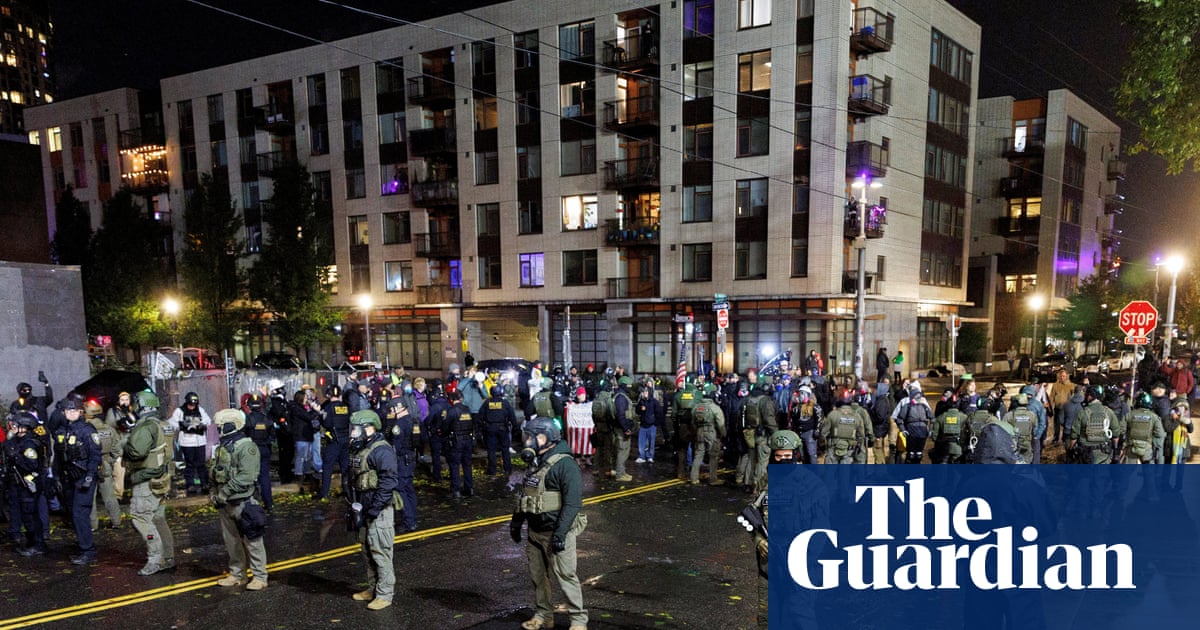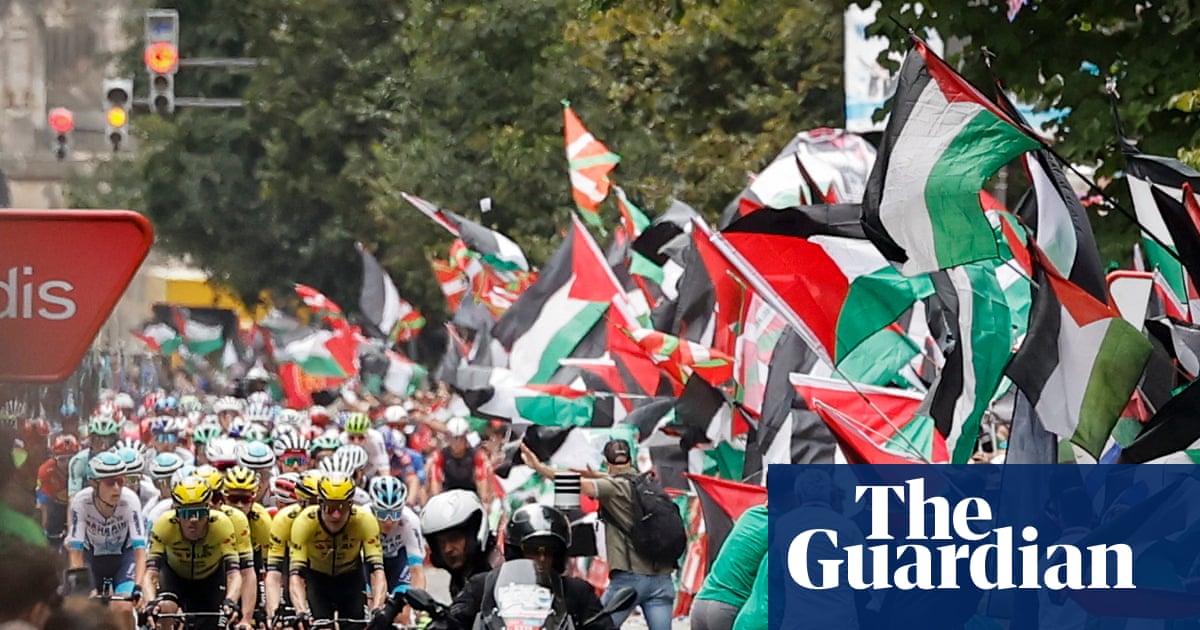I attended an American writers’ conference in Texas, just before the world plunged into Covid-19 lockdowns. Between panels and networking, I spent my time wandering around the book fair, leafing through titles and peppering publishers with questions.
“How many translated works are in your catalogues? How do you discover authors from outside the US? And how do you evaluate the quality of writing in languages you don’t speak?”
I wasn’t just curious – I was on a mission. I wanted to know what kind of work appealed to American publishers and whether mine might catch their interest. I didn’t bother hiding my ambition.
One response has stayed with me, lodged in my mind like a spore. It came from a representative of one of the largest US publishing houses. After I explained where I was from, using buzzwords like “former Yugoslavia’s northern republic” and “not a war zone at the moment”, he offered this piece of advice:
“Think about stories and themes specific to your culture and the history of the place.”
“So,” I ventured, “not a story about, say, a woman who leaves her career in finance, divorces her husband, and becomes a potter?”
“Well, if that story also explored your cultural or historical issues, then yes.”
I felt a prick of annoyance but thanked him politely and walked away. A coffee and cigarette suddenly felt essential.
In the years since, I’ve come to understand why his words irritated me so much. They exposed a pattern – one that still frustrates me.
For authors from the Balkans, and other European nations and countries worldwide whose history and culture are a mystery to North Americans, the road to being translated into English and published by US or British publishers often depends on meeting one unspoken condition: our work must present our region’s political or cultural context, or at least draw from pivotal historic events. To succeed, it must have explanatory or illustrative value – ideally with a dash of didacticism.
“American readers need to learn about the place,” the publisher had said.
At first glance, this expectation seems benign – reasonable, even. After all, authors everywhere, including those from the Balkans, reflect on their immediate political and cultural surroundings. Literature has always been a medium for mirroring, analysing and critiquing society.
But the deeper implication of this expectation is more troubling. It rests on a tacit belief that the Balkans is a lesser place – a region forever simmering with potential for tragedy. As the publisher candidly put it: “Tackling something culturally or historically problematic – or better, traumatic – would be of interest.”
By “traumatic”, was he imagining the atrocities of the second world war or the Yugoslav wars? Was he picturing a region mired in poverty, inequality and patriarchal traditions? Perhaps he assumed Balkan societies are uniquely prone to violence or sadness. Maybe he hoped for stories of post-socialist disillusionment, perpetuating the notion that we’re still processing the “trauma” of Yugoslav socialism.
I can’t say for sure. What I do know is this: he wouldn’t have been interested in a Balkan version of My Year of Rest and Relaxation. A novel about a protagonist from the Balkans who’s simply exhausted by capitalism, self-absorbed, angry or morally ambiguous would fail to tick the right boxes.
Sadly for him, he probably would have glossed over the hybrid novel by Slovenian writer Nataša Kramberger, who took over a farm in Slovenian Styria, after moving back from Berlin. And I suspect he wouldn’t care much for the short stories of the Croatian Luiza Bouharaoua, which paint the angst and joys of millennials, albeit in the colours of the Adriatic. Nor for the poetry of the North Macedonian poet Kalia Dimitrova, who likes to refer to Capri and Berlin but seldom to Skopje.
For a work by a Balkan author to succeed, its protagonist must be a victim – a clear and unambiguous one. Publishers prefer stories that elicit compassion, moral indignation, heartbreak or, ideally, all three.
In short, we Balkan writers are expected to approach universal themes – grief, alienation, love, loss – through a narrowly regional lens. And that lens must include a self-exoticising twist.
To be clear, the Balkans is a specific region with unique cultural, political and historical complexities. Writers from this part of the world have much to say about these, and many do so brilliantly. But if translations into English are meant to expand knowledge about “that Balkan place”, publishers must be willing to engage with stories that challenge established perceptions.
The question isn’t whether Balkan writers should reflect their context. We often do, naturally. The question is whether publishers will listen to the diversity of voices emerging from the region – or if they’ll keep privileging narratives that neatly reinforce their assumptions.
After all, there’s much more to the Balkans than trauma, tragedy or tales tailored to teach. There are also just exceptionally written stories about women who once worked in finance, left their husbands and opened a pottery business. Some North American and UK publishers have already supported such stories fully – hence Georgi Gospodinov’s International Booker award – and have thereby fulfilled the mission to bring voices from diverse corners of the world to a global audience, not as ambassadors of their geography but as storytellers in their own right. But many more have yet to do so.
-
Ana Schnabl is a Slovenian novelist, editor and critic

 3 months ago
108
3 months ago
108

















































